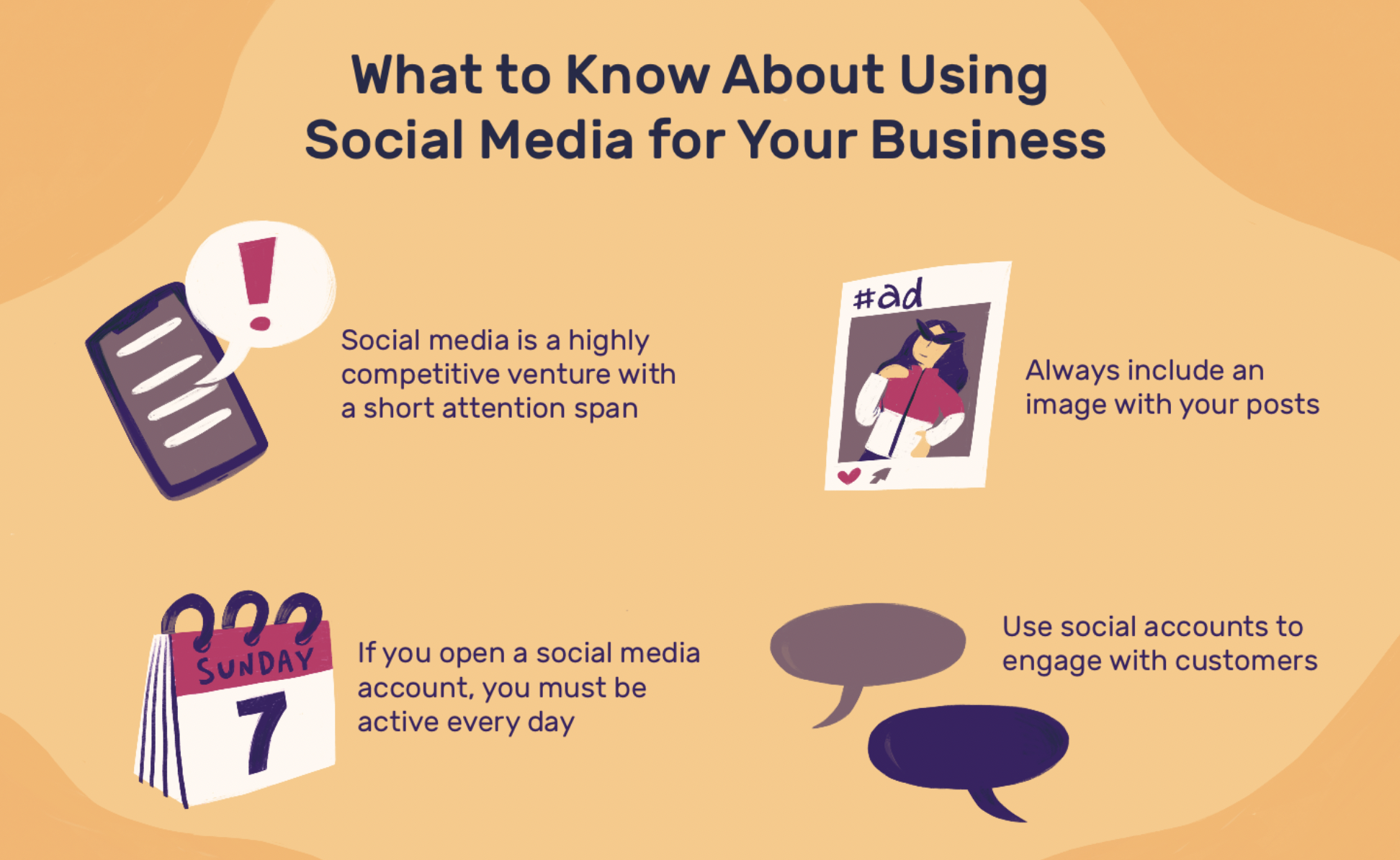Social media does more than connect people today. It’s enabling the sharing of information, and it’s changing how ideas and opinions are shared from person to user.
Why do social media platforms fail? While there are security issues and (in time) a lack of stickiness, what probably leads most platforms towards an inevitable death is the change in audience preferences and a lack of good user experience. Let’s take Twitter for example. After several years it became clear that its users wanted to see “just tweets” rather than their own stuff.
Of course, Twitter is far from dead and the fact that its management is forever testing new features and trying to keep its audience engaged is what makes it a firm favourite. Mobile app design is another reason as to what makes a social media platform enjoy a sense of longevity. It all boils down to a great and intuitive user experience.
5 Platforms That Flopped
These are 5 of the most well-publicized platforms that found their way towards redundancy.
- Friendster
Friendster enjoyed a great deal of prominence before Facebook. It had a huge following in Asia, but after becoming a gaming site for a while, it closed down in 2018. The story of Friendster appears to be one of relevance and is also one of how a competitor can do what you are doing better. The competitor in this case is Facebook.
- Vine
Vine was a personal favourite for many social media fanatics. It was one platform that brought the aspect of video into the limelight. However, it just could not compete with apps like Snapchat, which led to its downfall. Despite being bought over by Twitter, it just couldn’t stay relevant in the long term, and was closed down in 2016.
- Google Plus
Google Plus at one point had 200 million users, and is now defunct. It is now known as Google Currents. While it has a great deal of backing and had an intention of dethroning Facebook, it just couldn’t make it stick. Google tried to ensure that they redefine the aspect of Search, but these intuitive concepts didn’t take into account the needs and requirements of an audience in a social media age. In other words, Google Plus did nothing attractive or different.
- MySpace
MySpace is truly dead. This despite the fact that it has a working URL. However, what needs to be understood is that it was the one true platform that was truly more popular than Facebook. Then it just died and tried to be a music platform. One again, the reason for such a decline and eventual death is because MySpace just couldn’t offer something intuitive and engaging for its audience. In other words, the party was better at Facebook.
- Yik Yak
Social media is part and parcel of mobile app development and Yik Yak is a social media smartphone application that died and seems to have got a new lease of life. The main issue with this particular platform was its anonymity, and the fact that it led to threats of bombs and hate-fuelled acts of violence.
Conclusion
In conclusion, social media will forever evolve and change as people’s requirements and needs change. Social networks are going to remain relevant throughout the generations — it is not just a technological phenomenon. Consider how new and improved technologies are becoming the default today. For instance, technologies like augmented reality are important and this is why there’s a huge need for augmented reality app developers today. With Facebook’s metaverse making the rounds in news sites, there is no doubt that new social media options will come to the fore in the near future.
